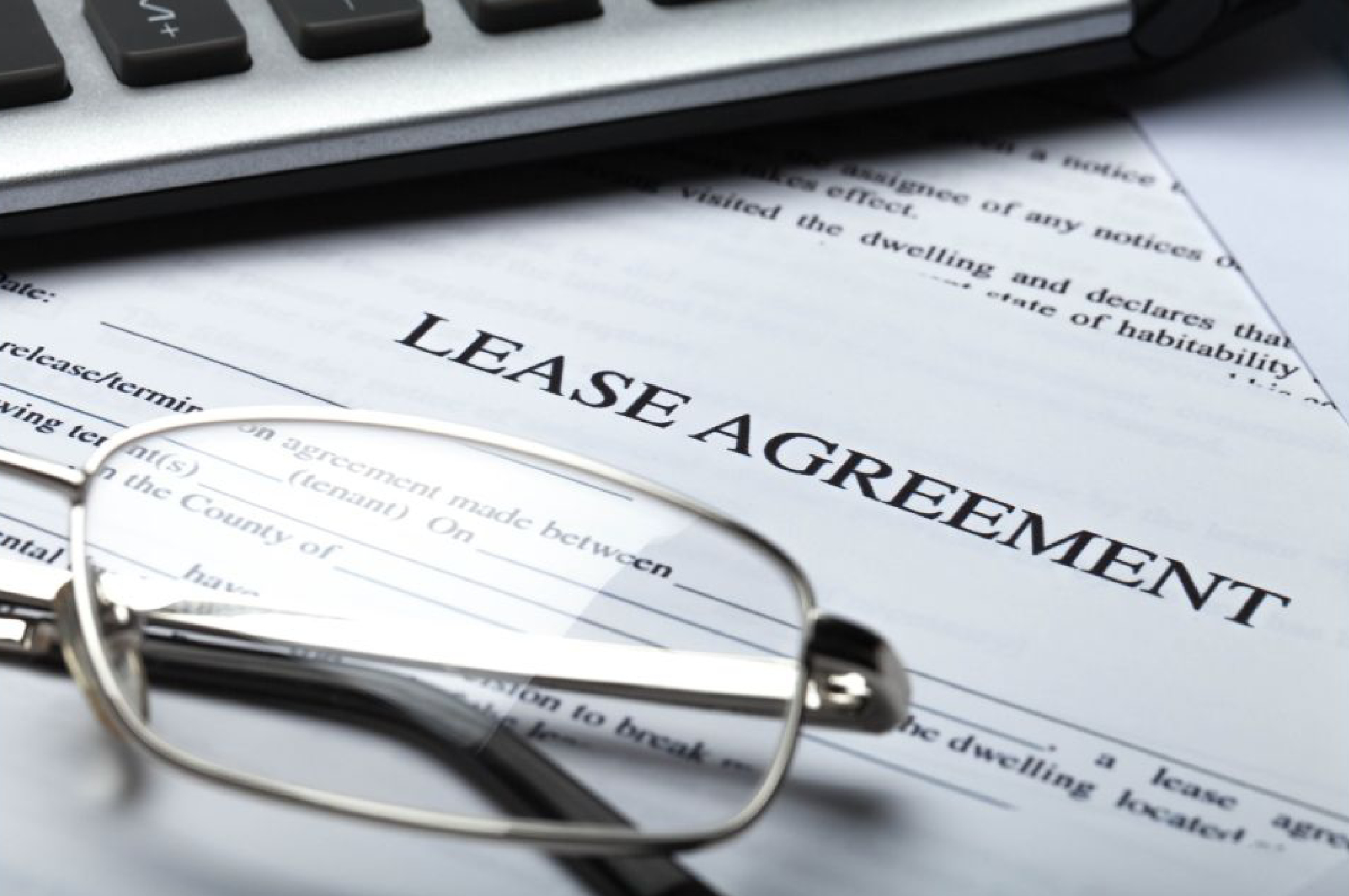7th Edition Deed of Lease: Key Updates for Commercial Landlords and Tenants
Overview of the 7th Edition
The latest Deed of Lease (7th Edition), released by the Law Association of New Zealand, introduces important updates aimed at creating a more balanced framework for landlords and tenants. If you are a commercial property owner or tenant, understanding these changes is crucial for navigating your lease agreements effectively. Below, we outline the most significant updates.
Rent Review: Greater Flexibility
The 7th Edition expands rent review options to include market rent reviews, CPI adjustments, and fixed rent adjustments. Parties may also apply caps or collars for market reviews or CPI adjustments. Whether you choose the standard options or customize limits, the updated framework offers greater flexibility for both parties.
Simplified Lease Renewals
The new edition allows parties to specify a notice period for lease renewals, providing greater clarity and convenience. If no specific period is agreed upon, the default three-month notice period will apply. This change ensures a straightforward renewal process.
No Access Clause: Addressing Disruptions
Acknowledging lessons learned from the COVID-19 pandemic, the 7th Edition refines the “No Access” clause. It allows for fair rent and operating expense (OPEX) adjustments during emergencies. For instance, a business such as a hair salon that depends entirely on its premises may require a different adjustment compared to an accounting firm. Parties can agree on a fair proportion of rent or rely on the default adjustment of 50%. Adjustments can also be revisited if the event’s impacts differ from initial expectations.
Outgoings: Clearer Obligations
The updates bring greater clarity to outgoings, including:
- Water charges now include consumption increases but exclude capital charges.
- Landlords are required to provide annual budgeted outgoings in writing and supply supporting documentation upon request.
- Landlords cannot recover outgoings notified to tenants more than 24 months after they were incurred.
These changes encourage better communication and planning between landlords and tenants.
Maintenance: Defined Responsibilities
Tenants remain responsible for maintaining the premises, but the 7th Edition clarifies certain aspects:
- If part of a floor covering requires replacement, the entire floor covering must be replaced unless the partial replacement maintains the overall appearance.
- Tenants leasing the entire property must keep accessways clean and tidy.
- Tenants are not liable for repairs related to inherent defects or structural issues.
Enhanced Security Options
The 7th Edition introduces alternative security options such as bank guarantees and rental bonds. Additionally, landlords must obtain mortgagee consent where applicable to protect tenants, particularly since most commercial leases in New Zealand remain unregistered.
Landlord’s Consent: Balancing Interests
The updated provisions make it clear that landlords cannot unreasonably withhold or delay consent for non-structural alterations. However, if alterations necessitate building upgrades, landlords may withhold consent unless the tenant agrees to cover the associated costs. Landlords may also impose reasonable conditions on their consent.
Insurance Excess: Adjusted Defaults
Parties can now agree on insurance excess amounts, with the default increased from $2,000 to $5,000. If tenant actions result in an increased insurance excess, they will be responsible for the additional costs for future claims.
Health and Safety Compliance
The 7th Edition aligns with the Health and Safety at Work Act 2015, requiring landlords and tenants to collaborate on health and safety measures. Both parties must consult, cooperate, and coordinate to ensure compliance with the legislation.
Seismic Ratings: Managing Earthquake Risks
Optional seismic rating provisions allow landlords and tenants to address earthquake risk in a way that suits their specific circumstances. These provisions are particularly relevant given growing insurer and financier demands for seismic assessments.
Why These Changes Matter
The 7th Edition represents a significant step towards creating a more balanced and practical approach to commercial leasing. Whether you are negotiating a new lease or updating an existing one, understanding these changes is essential.
At Franklin Law, our commercial property team in Papakura and Pukekohe is here to provide expert advice and tailored solutions. Contact us today to discuss how these updates may affect your lease arrangements.
Contact Us Today
If you need help with legal matters including Litigation, Property Law, or Business Law, reach out to either our Pukekohe or Papakura offices.
You can also complete our enquiry form or explore our complete list of legal services to find out more about how we can assist you with all your legal needs.
The information contained in this article is necessarily of a generalised nature and is correct as at February 2025. Specific advice should be sought in relation to any particular situation.



.svg)